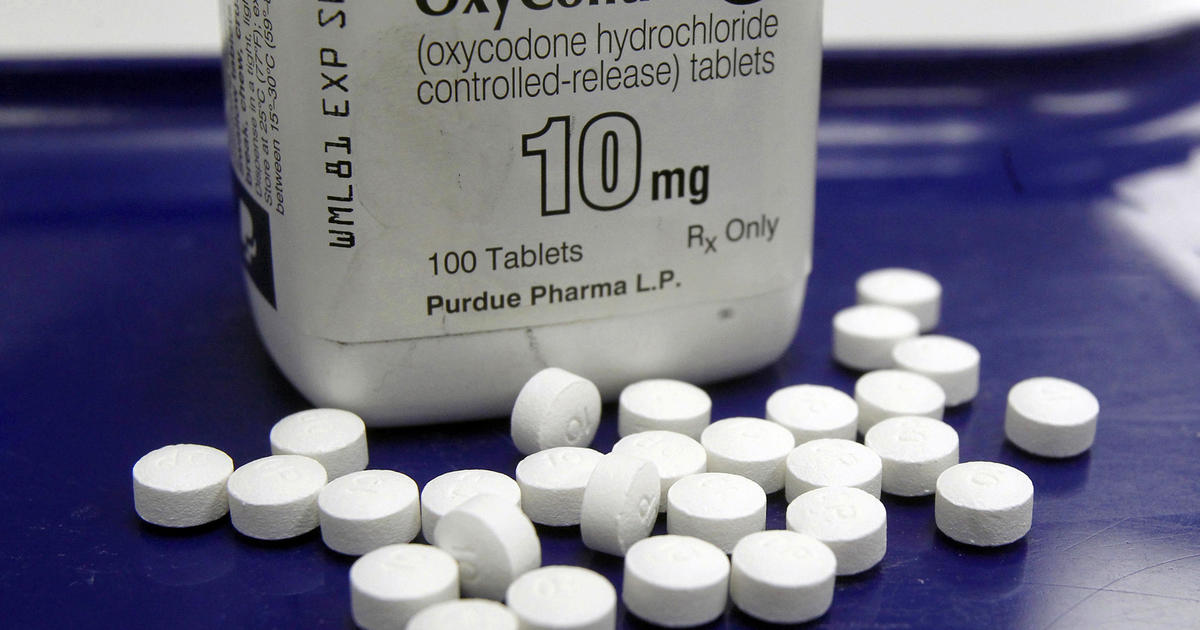Long before Purdue Pharma filed for bankruptcy, before the series’ “Dopesick” and “Painkiller” brought the Sackler family and devastation of the opioid crisis into Americans’ living rooms, and before her son died of a drug overdose at the age of 33, Ellen Isaacs was sounding the alarm about the opioid epidemic.
…
On Monday, Isaacs is set to return to Washington as part of her efforts to fight the bankruptcy plan and, specifically, the decision to release the Sacklers from civil liability for the opioid epidemic. The matter is under review by the Supreme Court, with oral arguments in the case, known as Harrington v. Purdue Pharma L.P., set for Monday morning.
“It’s really important to me that these people get held accountable for all the people that they’ve murdered,” Isaacs told CBS News. “They’re criminals and they needed to be treated as such.”



It seems pretty clear cut to me.
If you haven’t agreed to something, you shouldn’t be bound to it. Plaintiffs who haven’t agreed to shielding the Sacklers from civil liability, who want their day in court, shouldn’t be bound to them shielding themselves from liability as they didn’t agree to the terms of an agreement made by others.
Generally creditors are bound by a bankruptcy agreement even if they didn’t support that agreement. There’s no realistic alternative to that - when a bankrupt entity owes thousands or even millions of people money and there isn’t enough money for everyone to get what he is owed, there won’t ever be a unanimous agreement about how to divide up that money.
Given that being bound to something one didn’t necessarily agree to is an established principle which isn’t in question here, why should this specific clause be an exception to that general principle?
(I think that I can answer that myself. Usually there would be no point in opting out of the agreement anyway because in principle all the available money is going to be divided up so there’s nothing left for you to win if you file your own lawsuit afterwards. This case is different because there isn’t a clear boundary between “dirty” Purdue money and “clean” money that the Sacklers are entitled to keep. If people were allowed to opt out, they could go after that “clean” money. The problem with that, IMO, is that in the absence of a single, binding agreement, many people who don’t have the resources to sue the Sacklers may simply get nothing and the court system will have to deal with a large number of lawsuits. I’m not sure it’s workable in practice.)